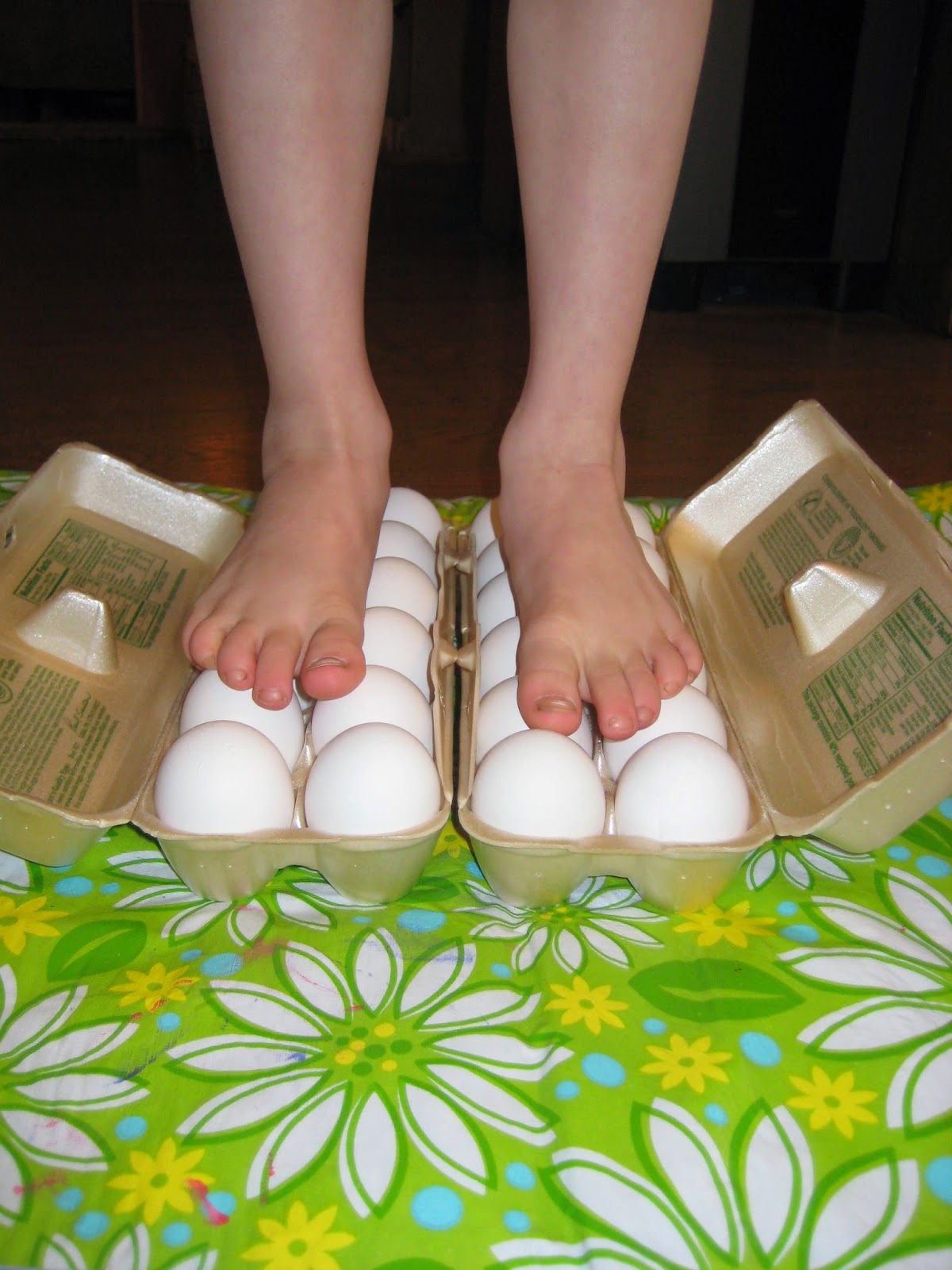One morning last week, I told the kids about a fun
art activity I had planned. We were going to take some colorful fall leaves we
had collected on a walk and glue them to mason jars. Put a tealight inside and
voila, you have beautiful warm candlelight on your table.
The kids were less than enthusiastic. They decided
to go caterpillar hunting instead. That sounded like a good alternative to me
so we shelved the art-making for later. Within an hour, Isaac had gathered a
woolly bear caterpillar and a run of the mill brownish-greenish caterpillar.
The boy is an insect magnet. From mosquitoes to cicadas to spiders to worms,
creatures find him and he finds them.
In an attempt to prolong their lives beyond the usual I’ve-been-caught-by-a-kid insect life expectancy, I got one of Kasey’s old empty aquariums from the basement to make the caterpillars a safe haven. The kids gathered sticks and green leaves, carefully arranged them inside the aquarium, and placed the caterpillars in their new home.
In an attempt to prolong their lives beyond the usual I’ve-been-caught-by-a-kid insect life expectancy, I got one of Kasey’s old empty aquariums from the basement to make the caterpillars a safe haven. The kids gathered sticks and green leaves, carefully arranged them inside the aquarium, and placed the caterpillars in their new home.
And Isaac had his first pets.
He named them. Fur, the woolly bear, and Soft, the
other one. He learned their preferences. Fur liked to hide under the leaves,
while Soft preferred the dirt and the edges of the aquarium where the bottom
meets the side. Soft was harder to pick up but didn’t seem to mind it, while
Fur got bitey when sitting in your hand. Isaac’s solution for Fur’s teething
problem was to put a sock on his hand when picking up Fur. I started finding
lone socks all over the house.
After a week or so, the caterpillars seemed to have lost some of their enthusiasm for life. Isaac put some enrichment objects in the tank, like matchbox cars, rocks, and miscellaneous nature things he had collected. But still, they moved less, moved slower, and didn’t respond as quickly to touch. Soft may or may not have been injured after climbing in the cab of a matchbox truck and getting a bit stuck on his way out. Isaac decided that maybe the caterpillars needed a trip outside, to get some fresh air and see more of what they were used to seeing. I reminded him of the dangers of transporting the little guys out of their home. He was willing to take the chance.
After a week or so, the caterpillars seemed to have lost some of their enthusiasm for life. Isaac put some enrichment objects in the tank, like matchbox cars, rocks, and miscellaneous nature things he had collected. But still, they moved less, moved slower, and didn’t respond as quickly to touch. Soft may or may not have been injured after climbing in the cab of a matchbox truck and getting a bit stuck on his way out. Isaac decided that maybe the caterpillars needed a trip outside, to get some fresh air and see more of what they were used to seeing. I reminded him of the dangers of transporting the little guys out of their home. He was willing to take the chance.
Two minutes later, Isaac came in, tears streaming
down the saddest face. Fur was lost. Somewhere on the porch he was dropped and
had disappeared. We went hunting, and after several minutes found him on our
welcome mat. Fur may or may not have been partially stepped on. We decided to
return them to their tank and leave them alone, hoping they could heal
themselves in time.
In time, they stopped moving altogether. One
afternoon, I suggested to Isaac that perhaps the caterpillars weren’t alive
anymore, and perhaps it was time to return them outside or even bury them.
Isaac insisted that they were just being still because they were working hard
on getting better. A few minutes later he came out of his room, Fur in hand,
crying as he walked to the door. “I’m going to let Fur be free,” he said,
sobbing. When he returned, he cried for awhile while I rocked him in the
rocking chair and told him how brave he was to let Fur go. I was relieved that
he had accepted they were gone.
About 20 minutes later, Isaac declared that he had
changed his mind, retrieved Fur, and returned him to the tank. Denial has been
the name of the game ever since.
I’m not sure how to proceed. At first I thought
after another day or so he would accept the reality of the situation. But the
days keep passing while the caterpillars shrivel in the tank on Isaac’s dresser.
Earlier today he told me that they seem to be moving more lately.
For now, I’m going to follow his lead. Because even in his denial, he is grieving. I can’t dispose of creatures that he still thinks are alive, or isn’t willing to fully accept are gone. I’ll continue to gently suggest some ways we could honor the caterpillars and mark their death. And I’ll trust that when he’s ready, he’ll let go of his first pets.
*******Sunday, Nov. 9th update*******
Isaac came to me this morning crying, saying that his caterpillars were dead. It seemed like he was ready so I suggested burying them. He was ready. He picked out some of his favorite seashells and I gathered Fur and Soft in my hand. Isaac picked a spot in the yard, I dug a hole and set the caterpillars in. Isaac said goodbye, touched them one last time, and we covered them up and marked them with the shells. Eden stood by and watched. We rocked in the rocking chair for awhile until he felt better. Eden drew him pictures of his caterpillars saying "I love you" to him.
After church, he told me that he was thinking of having an ant as a pet but it would be too small, so he wants to find another woolly bear.
For now, I’m going to follow his lead. Because even in his denial, he is grieving. I can’t dispose of creatures that he still thinks are alive, or isn’t willing to fully accept are gone. I’ll continue to gently suggest some ways we could honor the caterpillars and mark their death. And I’ll trust that when he’s ready, he’ll let go of his first pets.
*******Sunday, Nov. 9th update*******
Isaac came to me this morning crying, saying that his caterpillars were dead. It seemed like he was ready so I suggested burying them. He was ready. He picked out some of his favorite seashells and I gathered Fur and Soft in my hand. Isaac picked a spot in the yard, I dug a hole and set the caterpillars in. Isaac said goodbye, touched them one last time, and we covered them up and marked them with the shells. Eden stood by and watched. We rocked in the rocking chair for awhile until he felt better. Eden drew him pictures of his caterpillars saying "I love you" to him.
After church, he told me that he was thinking of having an ant as a pet but it would be too small, so he wants to find another woolly bear.














